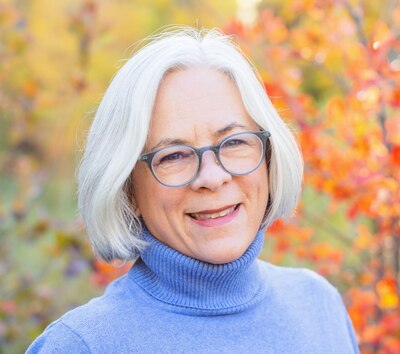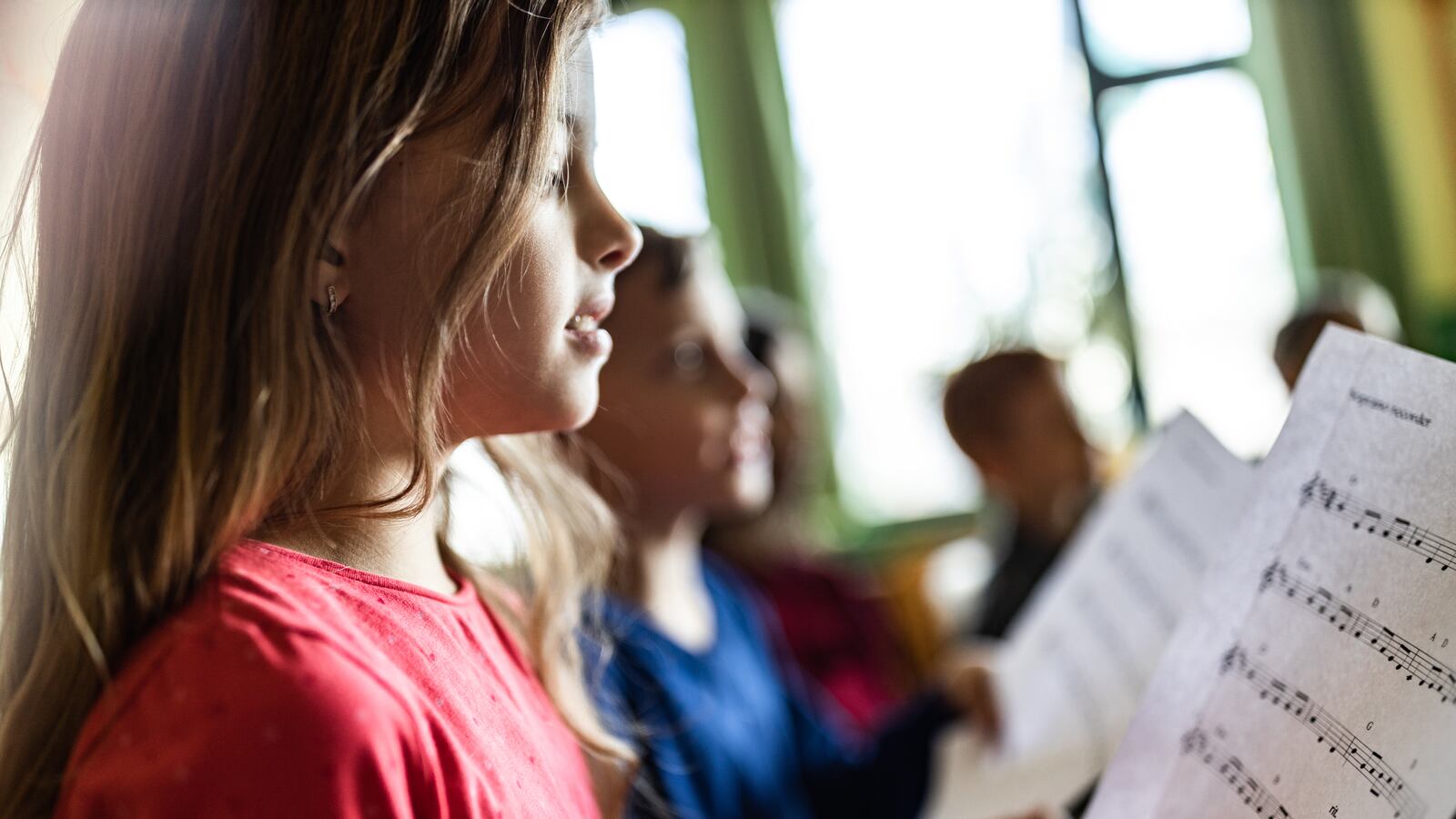The gym was packed. Parents, aunties, grandparents, and cousins filled the seats and more stood in the back. As their child’s class came up to perform, they jostled to the front, cell phones in hand, ready to get a good video.
The kids were dressed up in their finest sparkly red dresses or shiny slicked-back hair, with creased pant legs and bowties. All for a little winter concert at an elementary school.
It almost seemed like a night from the before times, pre-pandemic. The students’ voices weren’t always in perfect pitch, and some of them were a little fuzzy on the exact words. But the scene, and the songs, were perfectly beautiful.

It was also a surprising turnout for this school year. I lead a two-school charter network in Denver, and our school community has been a paradox post-pandemic. When we ask for feedback from our families, they ask for more in-person events: movie nights, dad and child dances, parent workshops, festivals. But typically we rely on parent volunteers to help us host these events. This year, when we’ve asked for volunteers to organize these events, almost no one signs up.
At the last moment, a little flurry of people always agree to man the grill, run the popcorn maker, or be on the clean-up crew. But it makes each event feel like a heavier lift when there aren’t quite enough hands, and that makes parents and staff more hesitant to volunteer the next time.
Turnout for most school meetings this year have been sparse, too. Our School Accountability Committee, which is supposed to have as many parents as staff members reviewing our academic data, had only staff at several meetings. We held a parent education night and only three people attended, while seven teachers were ready to share their great curriculum work.
It feels like we are longing for the social events from before the pandemic but we have all changed our boundaries. People have re-organized their work-life balance. They are used to being home more and maybe less used to extending themselves outside their most intimate sphere. Just as so many people are reluctant about going back to the office, we are reluctant to shift back to our previous level of community engagement. It feels like no one wants to leave home after collecting their kids at the end of the day and even fewer want to jump on a Zoom meeting after work.
I can understand it. I feel resistance myself about going to as many evening events as I have in the past, and teachers are more hesitant as well. Maybe we are still exhausted — or depressed, scared, and traumatized — from all we’ve been through, from the pandemic to recent gun violence. It leaves few people, parents or staff, with the energy it takes to organize and volunteer.
It has also been hard to be a parent in this country for a long time. We do so little as a society to support people with young children. Maybe living through these last few years has taken that little bit of extra parents still had to give.
Still, it worries me. Those outside of school time events are where community gets built. It’s where we get to see each other as people, and not just a teacher and a parent.
It all felt different at our winter concert performances, though. We were not trying to educate our families, we were not trying to fundraise, we weren’t even asking them to set up game booths or make cupcakes. We just invited them to hear their children sing.
It was a simple event. Staff set up the chairs and the stage. Teachers shepherded the children from classrooms to the stage and back. Our office team bought trays of cookies, and the tech teacher set up the sound system. I was grateful that staff were willing to do a little bit more that night so that we could all hear the children sing.
Music is a healing force, and children singing together often brings tears to my eyes. It is an expression of innocence and hope wrapped up in nostalgia for our own childhoods. Recent studies have shown that creative expression helps relieve anxiety, stimulates the rewiring of the brain after trauma, and even just listening to music can reduce cortisol production and stress. So it is no accident that these assemblies drew us together in community like nothing else has been able to since the pandemic.
We need the medicine of music to breathe life back into our tired, traumatized parent brains. I think it might be time for a spring concert.
Christine Ferris is the executive director of Highline Academy Charter Schools in Denver. She founded and led Our Community School, a K-8 charter school in Los Angeles, from 2005 to 2013. Ferris has been a consultant for charter schools in Denver, Los Angeles, and nationally.


